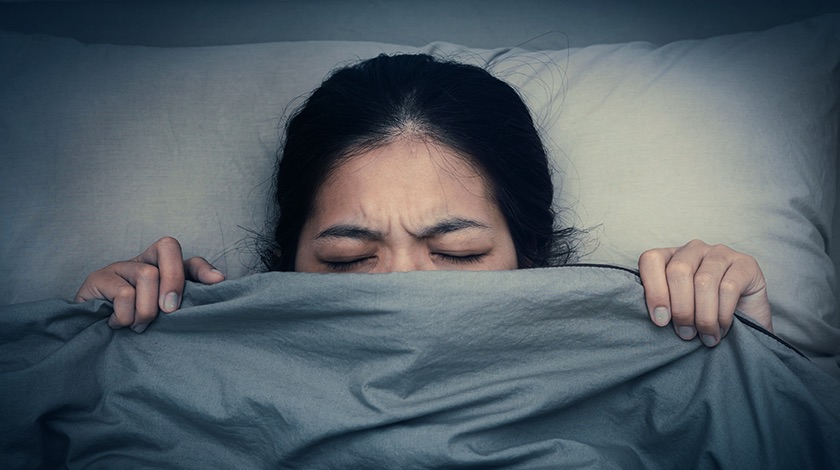
The door of Ch’an is entered by Wu. When we meditate on Wu we ask “What is Wu?” On entering Wu, we experience emptiness; we are not aware of existence, either ours or the world’s.
E-MAIL: admin@relaxmid.com
The relationship between sleep quality and stress management is a crucial yet often overlooked aspect of overall health. Stress and sleep share a cyclical connection: Bad sleep can make stress worse, and stress can make bad sleep happen. For a balanced, healthy lifestyle understanding and addressing this interplay is essential.
In this article, we’ll explore the connection between sleep and stress, discuss how managing stress can improve sleep quality, and provide actionable tips to create a harmonious balance between the two.

The reaction of stress is natural and a response to the challenges of our lives, but chronic stress can really mess with good sleep cycles.
The body releases a further hormone called cortisol when it is stressed, in order to heighten alertness. Carrying high cortisol levels can lead to trouble going to sleep or staying asleep.
Persistent worries or over thinking that occur under stress prevents the mind from relaxing enough for a good night’s sleep.
Physical symptoms of stress include muscle tension, headaches and an increased heart rate and add to the difficulty in falling asleep for a restful sleep.
This stress can cause fragmented sleep, which won’t allow you to get as much deep sleep and REM sleep that you need to restore the body and the mind.
Sleep deprivation can increase the body’s stress response, beginning a vicious circle.
That lack of sleep also makes the brain less good at controlling emotions, causing people to be more reactive when faced with stressors.
Such daily stressors feel much worse when you are not getting enough sleep, as poor sleep impacts cognitive functions like decision making and attention, or concentration.
When you don’t get enough sleep, your body is less able to handle everyday stressors.

Effectively managing stress can improve sleep quality, creating a positive feedback loop for overall well-being.
Stress management techniques promote relaxation, helping the body transition to sleep more easily.
Bedtime might be a good place for stress reducing habits to help encourage healthier sleep patterns.
Managing stress can lower the risk of insomnia and other sleep-related disorders.
Build a pre-sleep ritual which signals your body to slow down. This could include:
Mindfulness practices help calm the mind and reduce stress. Consider trying:
Avoid consumption of stimulants, like caffeine and blue light from the screen near bedtime.
Engaging in regular physical activity can lower stress levels and improve sleep. But don’t go for a rigorous workout close to bedtime because that will have a contrary effect.
Create a bedroom environment conducive to relaxation by:
Turning in your paper complaining about your horrible work or to-do list before bed can relieve stress and clear your head.
Gentle yoga stretches can help reduce stress and prepare your body for sleep.
Therefore various techniques such as 4-7-8 breathing can lower heart rate and calm down.
Behaving this way can organize your day which reduces your feeling of being overwhelmed and therefore helps in reducing stress.
One way to get the mental space to ponder larger questions is to spend time with loved ones and allow the emotional relief to help put the stressors into perspective.

If, despite those strategies, stress and sleep problems continue, it might be worth it to talk to a professional. Therapists or sleep specialists can offer tailored advice and interventions, such as:
Your diet can also play a role in managing stress and improving sleep quality. Consider:
The connection between sleep quality and stress management is profound, each significantly impacting the other. Adopting effective stress-reduction techniques and prioritizing healthy sleep habits can break the cycle and enhance your mental and physical well-being.
We get better at handling that by changing through mindfulness practices, or better time management, or even better a relaxing bedtime routine. Begin the change right now and wash away the stress from your mind and the fatigue from your body.
